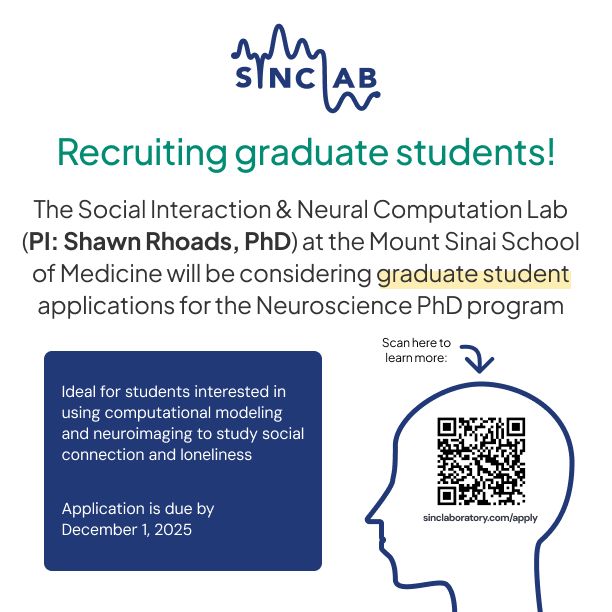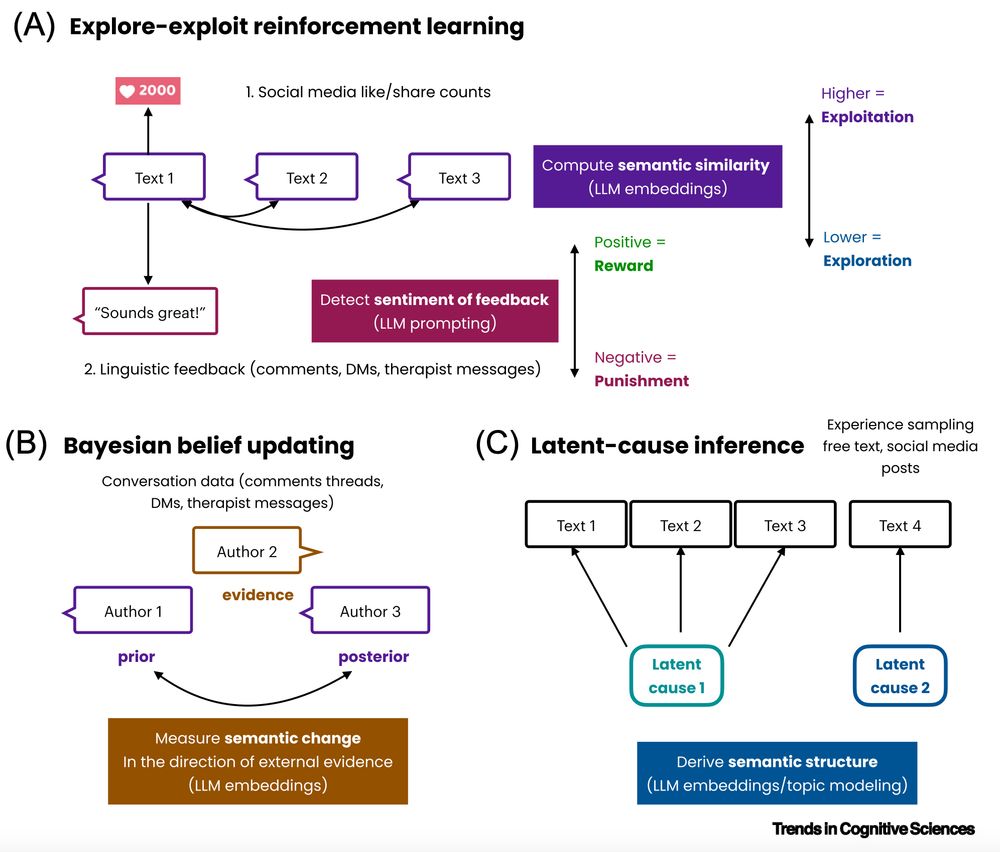Dan Mirea
@danmirea.bsky.social
220 followers
250 following
23 posts
PhD candidate at Princeton Psych. Studying mental health, technology, reinforcement learning, language. He/they 🏳️🌈🇷🇴
Posts
Media
Videos
Starter Packs
Pinned
Reposted by Dan Mirea
Reposted by Dan Mirea
Reposted by Dan Mirea
Reposted by Dan Mirea
Reposted by Dan Mirea
Reposted by Dan Mirea
Reposted by Dan Mirea
Reposted by Dan Mirea
Reposted by Dan Mirea
Dan Mirea
@danmirea.bsky.social
· Jun 11











